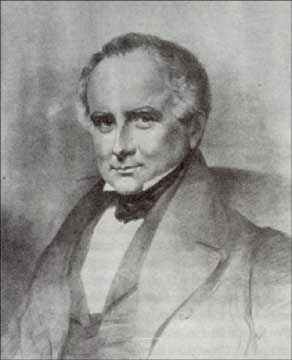Julian Assange in custody in London
Like a lot of people, I’m still trying to stake out a reasonably informed position regarding Julian Assange. That’s difficult. What is not so difficult, however, is to be repulsed by the vast and co-ordinated effort to destroy Assange and WikiLeaks by extra-judicial means — including death threats from people whose word carries weight.
And now there’s the Swedish “rape” charge against Assange, which emerges at a conspicuously opportune time for his antagonists. There are at least two issues to consider here. First, the “rape” in this instance evidently turns upon an implied withdrawal of consent due to a broken condom. The senior local prosecutor reviewed the matter back in August and dismissed the possibility of charges. She, in fact, said at the time, “I don’t think there is reason to suspect that he has committed rape.” That’s pretty unequivocal, and it comes from someone whose duty is to prosecute wherever there is sufficient evidence to do so.
By the begining of September, however, Sweden’s state prosecutor had overruled the finding of the local prosecutor and re-opened the investigation which eventually led to the charges Assange now faces. It is difficult to deny that the laying of these charges at the same time as Assange’s release of American diplomatic cables is an astonishingly convenient coincidence. Assange need never be convicted of any crime to bear the stigma of those charges for the rest of his life. The very fact of the charges will likely be enough to compromise his credibility. If death threats were acceptable two weeks ago, then character assassination seems a sound enough alternative this week.
It would be unwise to insist on partisan grounds that Assange is not guilty simply because greater powers have a demonstrable motive and sufficient means to bring him down. But it is still required as a matter of law that his innocence be presumed and that the authorities prove their case against him beyond a reasonable doubt. Unfortunately, it doesn’t take much study into the behavior of prosecutors in high profile cases to know that they are occasionally willing to fix the game wherever it needs to be fixed. Even the least attentive of us has some notion that innocent people can be ground up by a justice system that is sometimes driven by the pursuit of political or personal gain rather than by the pursuit of justice. And whenever a higher authority unnecessarily intrudes upon a lesser one on a matter already in hand, as appears to have happened with the rape investigation, it is usually a sign that someone’s agenda has come into play. There seem to be few genuine coincidences when the game is played this rough for stakes this high. Both the timing and the disposition of the charges against Assange betray too many coincidences for comfort.


